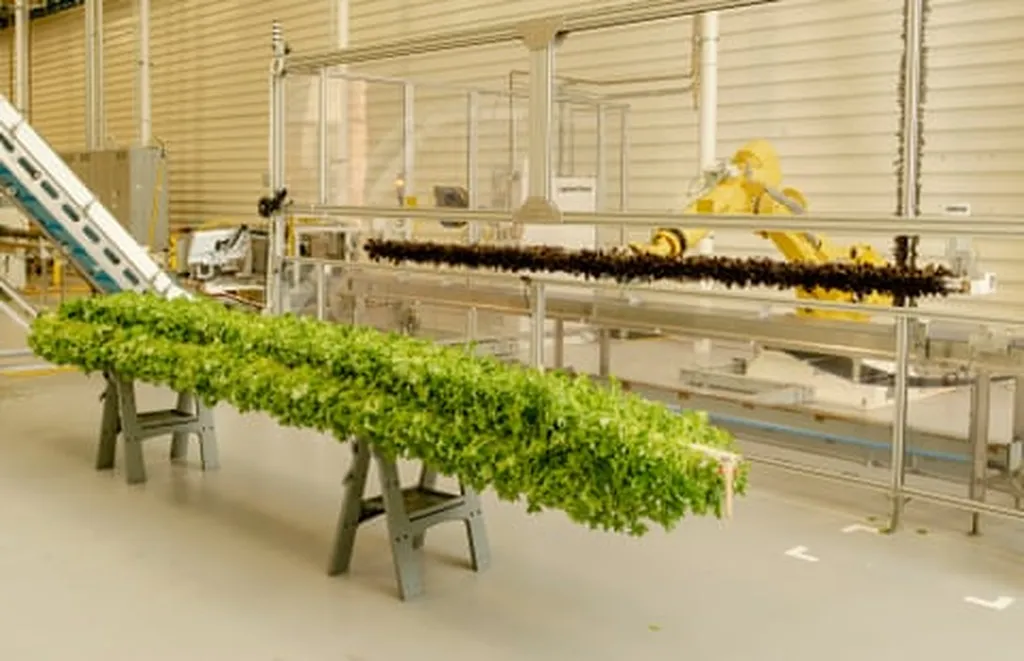In the face of global water scarcity and soil degradation, a groundbreaking review published in *Guan’gai paishui xuebao* (translated to *Journal of Water Resources and Economics*) offers a promising path forward for sustainable agriculture. Led by Dr. Huang Jianyi from the School of Water Conservancy and Civil Engineering at Northeast Agricultural University in Harbin, China, the research delves into the synergistic effects of water-saving irrigation and soil amendment using organic matter. This study could reshape how we approach soil and water management, with significant implications for the energy sector and beyond.
The review systematically examines the efficacy of three main organic materials—straw, biochar, and artificial humic substances—in improving soil quality under water-saving irrigation. “Amending soil with these organic materials significantly increases soil organic matter, improves soil physicochemical properties, enhances water use efficiency, and mitigates greenhouse gas emissions from soils,” Dr. Huang explains. This dual approach not only conserves water but also boosts agricultural productivity, a critical factor for food security and energy sustainability.
One of the most compelling findings is the role of straw incorporation. While straw alone can elevate methane (CH4) emissions under anaerobic conditions, its integration with water-saving irrigation improves soil redox conditions, reduces net CH4 emissions, and enhances nitrogen mineralization. “This integration is a game-changer,” says Dr. Huang. “It optimizes soil health while minimizing environmental impact, a win-win for both farmers and the planet.”
Biochar, another organic amendment, initially immobilizes nitrogen but, when combined with water-saving irrigation, optimizes soil moisture content and slowly releases nutrients to meet crop demands. This improves nitrogen use efficiency, particularly in rice cultivation. “The slow release of nutrients ensures that crops receive a steady supply, reducing the need for synthetic fertilizers and lowering production costs,” Dr. Huang adds.
Artificial humic substances, though less effective under flooded irrigation, markedly enhance photosynthetic efficiency, carbon assimilation, and soil carbon stability under moderate water stress created by water-saving irrigation. This finding underscores the importance of tailored approaches to soil and water management, depending on local conditions and crop types.
The research highlights the potential for these practices to be adopted widely, but it also calls for further investigation. “Future research should focus on optimizing the combination of organic matter application and water-saving irrigation, developing precision agronomic practices, and evaluating the efficacy of these practices in areas with diverse climate and soil types,” Dr. Huang notes. This emphasis on precision and adaptability is crucial for scaling these practices globally.
For the energy sector, the implications are profound. Sustainable agriculture practices that enhance soil health and water use efficiency can reduce the environmental footprint of food production, aligning with global efforts to combat climate change. By integrating these practices, the energy sector can support more resilient and sustainable supply chains, ultimately contributing to a greener future.
As we navigate the challenges of a changing climate and growing population, this research offers a beacon of hope. By harnessing the power of water-saving irrigation and organic amendments, we can cultivate healthier soils, conserve precious water resources, and pave the way for a more sustainable and productive agricultural future. The insights from Dr. Huang’s review not only advance our understanding of soil and water management but also inspire innovative solutions for a more resilient and sustainable world.

